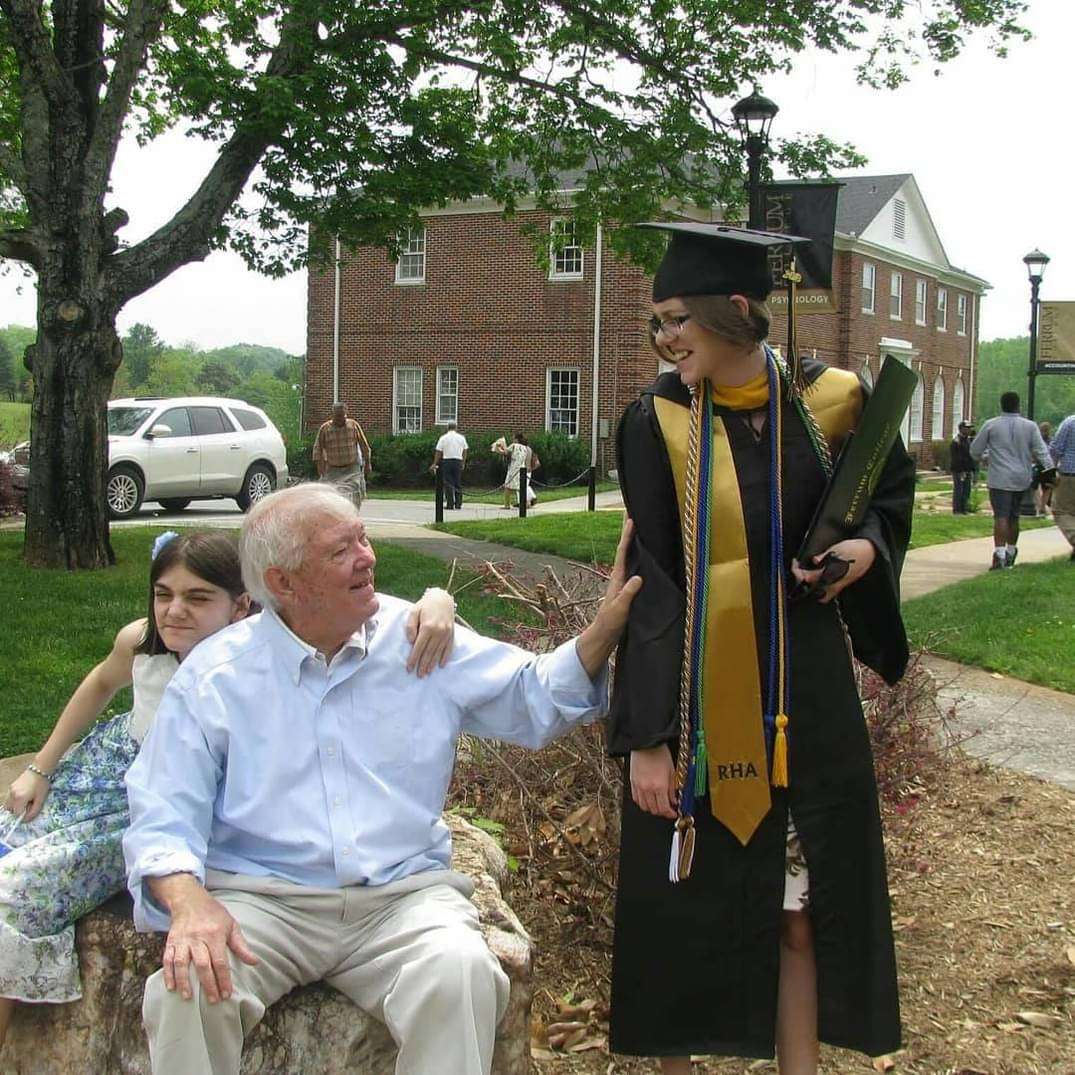I have been approached more times in this past week than I care to count with one question: what do you think of this? The questioner is usually wearing a barely contained smirk and is pointing towards one of the fliers advertising for the Pennsylvania Independent Oil and Gas Association talk that occurred on Wednesday. The event, hosted by the College Republicans, was meant to continue the discussions about the hugely debated topic of hydraulic fracturing at Bousson. The controversy lay in three words: “NO GREEN SLIME.”
This slogan is pasted on PIOGA billboards across the state, often accompanied by other phrases. The first one I saw also said, “WIND IS POWERED BY YOUR TAX DOLLARS.” Admittedly, I thought “Oh, hey. Cool.” But I guess that just goes to show what a freakin’ bleeding heart liberal socialist I am – what the sign meant to say is, “Can you believe your tax dollars are paying for this? We have a deficit!”
For the past week, there have been promotional posters on campus using the “No Green Slime” slogan to suggest that anti-fracking activists are promoting unresearched and misleading arguments, an idea that may permeate campus consciousness on the debate. If there is a difference between those who do not wish our college allow fracking on our property and green slime, what is it? How do I distinguish between the “green” topics that I’m getting a degree for understanding and the green slime that does nothing but bully the poor fossil fuel industry? Their website says, “The slime peddlers come in the form of community activists, national environmental groups, academics and biased public-interest organizations.” Sounds scary. Let’s take a closer look.
What this really is, after all, is a question of framing. Call me a romantic, but I believe that words have power. There’s nothing particularly scary about a public-interest group, but a biased one? They’re probably irrational. The term “green slime” itself implies a network of hateful “environmentalists” (the website puts quotes around the word “environmentalists,” and so shall I) who have an ulterior motive that is sneaky and disgusting. It also associates “green” – a word that we use to describe our eco-friendly devices, products and ideals and which is universally understood to imply “environmentally friendly” – with something slimy and negative. Thus, even if the group truly only means to root out the really evil (and biased) public interest groups, they manage to peripherally stigmatize other “environmental” groups in the process.
During the discussion, it was stated that there have been no negative environmental impacts of fracking involving water in the whole United States ever. Furthermore, we were told that renewable energy is not a viable source of energy and that for natural gas to act as a bridge fuel, there better be something besides solar power at the other end. As for climate change science? Bob Garland, Senior Technical Advisor at Universal Well Services, does not like the term “greenhouse gas emissions.” Like me, Bob had a problem with how things are being framed in this discussion. It is his opinion that all this worry about capping our greenhouse gas emissions is doing nothing but holding us back in a global market, where China and Japan are zooming ahead.
I found Bob fun to talk to, even though he doesn’t believe in anthropogenically influenced climate change, unlike over 95 percent of scientists publishing about the issue. But let’s return to the idea of framing. Just as Bob didn’t like the term “greenhouse gas emissions,” I wasn’t sure how I felt about natural gas being called “indigenous energy.” Further, I have myself been criticized for my use of the word “fracking.” Fairly, I think: the process is much more than just the fracturing process, starting with the mining of sand from Aldo Leopold’s homeland and ending decades into the future.
“Natural gas and oil exploration” is the one of the shorter terms that have been suggested to me. All of the terms include “exploration” and the same basic premise. What they do not include is the implication of action. “Fracking” is an action-based word: “exploration” is a word that appeals to a progressive mind, and is a noun that implies the process of learning. It is also much more passive in this form, suited to an academic crowd, and it implies less pressure. It is for these reasons that I defend my use of the word “fracking.”
This is not a slow and leisurely process during which we will be walking through a forest with a book about birds and a pair of binoculars. This is a decision that will be made in the next few months or the next year, and it will involve a lot of action. This does not stop at the heavy machinery and roads that will rumble around Crawford County: this is an action that is decisive and symbolic. We can argue that Allegheny pursues fracking as an educational pursuit, but what everyone will see first and foremost is not that “Allegheny College is exploring the science of natural gas after a lengthy and democratic decision making process” but that “Allegheny College fracks.” Call me green slime if you will, but I think that this one word – fracking, fracks, frack – in all its forms is one of many that we need to stop and think about when we use them in this discussion.





